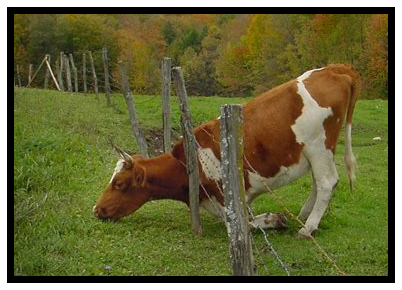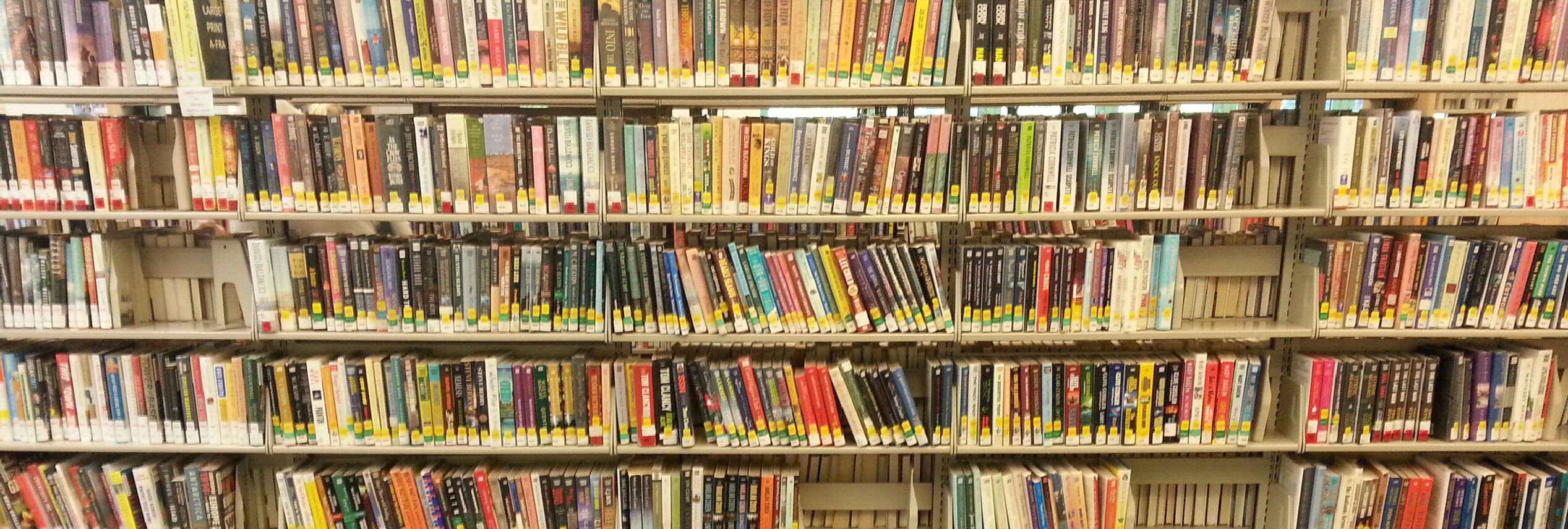Greener Grass
Column #354 June 17, 2022
Most of us are familiar with the old saying; “grass is always greener on the other side of the fence.” That phrase has been around for a couple hundred years and livestock folks really understand it. Ruminants always find the lush grass growing on the other side of the fence bordering their overgrazed pasture more appealing. It’s really obvious when ranchers aren’t careful about rotating their pastures, you’ll see their livestock sticking their heads through the fences to munch the lush grass on the other side.1
But keep this in mind. Let’s say a rancher has divided his pasture into 28 adjoining grazing paddocks and moves his cow herd every day. Therefore, every day the cattle are moved to a fresh paddock that has been growing grass for 28 days. In those 28 days the paddock is transformed from being overgrazed to lush which inspires the cattle to return to it with considerable enthusiasm. This way the entire pasture setup is always appealing. This replicates the natural world that didn’t have fences and herds of ruminants roamed at will.
When we use the greener-grass phrase to describe a human trait, it not quite the same as a cow’s point of view. As people lament about their current state of affairs and wish they could live just like the proverbial Joneses, they are described as believing the “grass is always greener on the other side of the fence.” This is not a positive trait because envy and greed are usually the motivations for their beliefs. Those feelings are negative influencers because, when we believe other people have it better off than we do, we’re left feeling depressed, anxious, and persecuted.2
In her commentary titled “Mythbuster: The Grass Is Not Always Greener on the Other Side,” Jennifer Kunst Ph.D. summed it up with this closing comment. “Robert Fulghum, author of that classic book, ‘All I Really Need to Know I Learned in Kindergarten,’ put it this way: ‘The grass is not, in fact, always greener on the other side of the fence. No, not at all. Fences have nothing to do with it. The grass is greenest where it is watered. When crossing over fences, carry water with you and tend the grass wherever you are.’”3 4
Many people think that by moving to greener pastures, they can improve their lives. Because of greed and envy they may feel burned out, exhausted, bored, overwhelmed, and lonely which causes self-doubt and negativity. To cure those feelings the greener pasture syndrome may cause them to buy new stuff, quit their job, move to a different climate, move closer to other family members, seek new friends, or ditch a spouse. People with the green grass affliction never stop to consider the most important aspect of being happy which is to cultivate and appreciate that which they have.
The greatest cure for thinking the grass is greener on the other side of the fence is to count your blessings. People who count their blessings are always happier than those who don’t. That’s because, instead of lamenting about how others you respect or admire have it better than you in so many ways, you turn your focus on the many positives that exist in your own life.
In the Power of Positivity blog titled “10 Reasons Why You Should Count Your Blessings to Boost Positivity,” the author makes this point: “Have you ever known a person who radiated positivity? They attract people from all around to them with their cheerful nature and friendly disposition. You, too, can be like that person whom you so admire. What does it take? You should cut the negativity out of your life and usher in more positive thinking.”5
The advantages of counting one’s blessings are less stress, a longer life, improved friendships, better sleep, more confidence, peacefulness, more optimism, and better health. These positives, which come from recognizing how green and lush the grass is on your side of the fence, certainly help everyone better cope with life.
To your health.
Ted Slanker
Ted Slanker has been reporting on the fundamentals of nutritional research in publications, television and radio appearances, and at conferences since 1999. He condenses complex studies into the basics required for health and well-being. His eBook, The Real Diet of Man, is available online.
Don't miss these links for additional reading:
1. The Meaning and Origin of the Expression: the Grass Is Always Greener on the Other Side of the Fence from The Phrase Finder
2. Five Reasons Why Nothing Makes You Happy Anymore and How to Fix It from Motivation Grid
3. Forget the Joneses: Why Envy Is the Enemy of Happiness by Todd Patkin from Peori Magazines
4. Mythbuster: The Grass Is Not Always Greener on the Other Side—We Must Tend the Grass Wherever We Are by Jennifer Kunst Ph.D. from Psychology Today
5. Ten Reasons Why You Should Count Your Blessings to Boost Positivity from Power of Positivity




